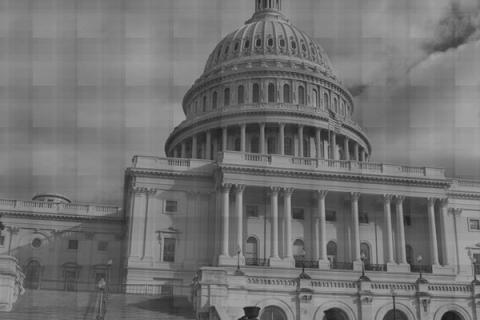
Mitt Romney and President Obama have both advocated for ending tax deductions in order to slow and eventually reverse the mounting deficit. For whom these deductions would end and to what extent is still unclear, but the one deduction that has the potential to close a significant portion of the budget gap is the home mortgage interest deduction. Ending this deduction outright would raise an estimated $99 billion in 2014 and total $484.1 billion over four years. This deduction, extended by the Tax Reform Act of 1986, allows homeowners to deduct, up to a certain point, the interest accrued on debt that went towards financing a mortgage or residence.
The mortgage interest deduction falls into two general categories, home acquisition debt, and home equity debt. Home acquisition debt, or the loans one takes out in order to buy a house, is deductable up to $1 million for primary and secondary residences. This includes any loan purposed to acquire, build, or substantially improve a home. Home equity debt is exempt up to $100,000 and pertains to all expenditures not directly related to the residence. One example is borrowing to remodel a home and using a home equity line of credit, and using the remaining funds to pay for college tuition or medical bills.
The Joint Committee on Taxation explains:
“Several provisions of the Code provide favorable tax treatment to homeowners. Among the most widely utilized provisions are the deductions for home mortgage interest and real property taxes paid, affecting nearly 40 million taxpayers. Taxpayers are also allowed to exclude up to $500,000 of gains from the sale of their principal residences from gross income, an exclusion not available for income from most other types of investments.”
Removing this exemption entirely could convince thousands of Americans to walk away from their home mortgages and choose to rent instead, however complete removal is unlikely. Yet, eliminating this deduction in one form or another is the only option to make Romney’s proposed tax plan in its current form, revenue-neutral, outside of raising taxes on investment income. Likewise, the Obama budget would find significant revenues by ending the exemption, at least partially.
Arguments in favor of rolling back the exemption contend that it incentivizes reckless borrowing since homeowners think they’re buying a loan for less than the actual cost. Similarly these proponents point out that at current rates, the mortgage interest exemption disproportionately benefits wealthy, not middle-class, home buyers.
Opponents of ending the deduction point to the still fragile housing market and laud the deduction’s helpfulness to middle class families when purchasing a home. Any disturbance in the housing market could send prices plummeting again, potentially ending the already-slow recovery.
in the Simpson-Bowels Plan would simplify these exemptions by “convert the mortgage interest deduction to a 15 percent refundable interest credit,” according to the Tax Policy Center.Because the Bush-era tax cuts are set to expire at the end of the year, tax reform is going to be the number one priority of Congress following the election. One provision
